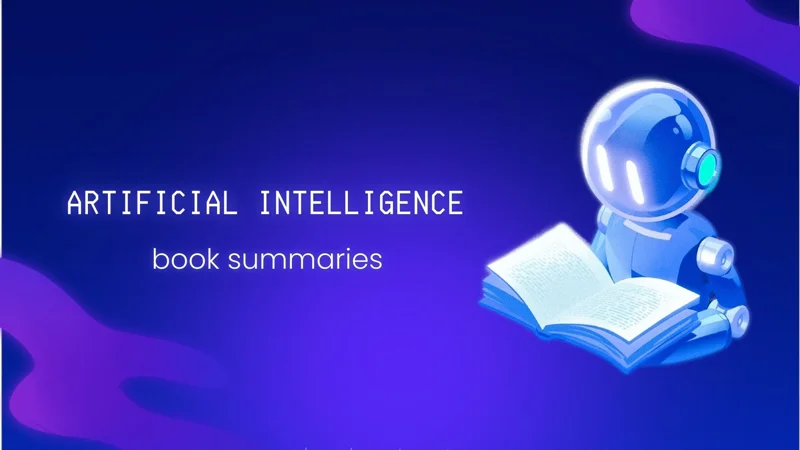How reliable are AI book summaries? A closer look
Artificial intelligence is increasingly being used to produce book summaries, from classic novels to modern bestsellers. The technology offers quick takeaways for busy readers, but questions remain about how reliable and useful these summaries really are. Kazinform News Agency correspondent decided to run a test and see how ChatGPT handles the task of summarizing two books: one a classic, the other a contemporary work.

AI can give a fast overview of a book’s main ideas. For nonfiction, business literature or self-help, for example, this can save time and help readers decide whether to commit to the full text. But AI-generated summaries often miss important details. In fiction, algorithms struggle with narrative depth, character development, and subtle themes. In nonfiction, they may overlook context or oversimplify arguments in ways that distort the author’s message.
Franz Kafka, The Metamorphosis
I asked ChatGPT to summarize the book. The result was highly detailed, even including verbatim quotes from the opening lines. The reason is simple: The Metamorphosis (1915) is in the public domain. The model was trained in part on such publicly available literary corpora, which is why it “knows” the beginning and can reproduce passages and detailed summaries. At the same time, it does not store the book as a separate file but reconstructs the text through its learned parameters.
Daniel Kahneman, Thinking, Fast and Slow
I then asked about the exact content of the first chapter of Daniel Kahneman’s 2011 book Thinking, Fast and Slow. Here, ChatGPT worked differently: the model has no access to copyrighted texts. Its training relied only on reviews, articles, and other publicly available materials about the book, not the book itself.
Findings
This second approach has clear drawbacks. When AI produces a summary of a book it cannot directly access, it depends on secondary sources. Such materials are often subjective: reviewers emphasize certain chapters, personal impressions, or individual interpretations. As a result, the summary risks becoming less a faithful reflection of the author’s work and more a mix of popular opinions and evaluative commentary.
Simplification also means that important nuances are often lost. If the summary is based solely on reviews and articles, it may reduce the book to a flat formula, stripped of depth and supporting evidence. What the user gets, then, is not a faithful account of the text but more of a “collective impression” of the book.
Earlier, we reported on the growing use of generative AI in academic publishing, where language models were found to shape up to 22.5% of computer science papers. Researchers warned that overreliance on AI for writing abstracts and literature reviews could make scholarly texts increasingly uniform, creating a feedback loop in which new models are trained on AI-generated content rather than original human writing.
A similar risk may emerge in the world of books. As AI becomes more involved in producing summaries, reviews, and even original manuscripts, there is a danger that these texts will begin to lose diversity of style and interpretation. Over time, such homogenization could reinforce itself, with future models learning more from earlier AI outputs than from authentic literary sources.
Other services
Some services operate in much the same way as ChatGPT: they do not have access to the full text of books and instead rely on reviews and publicly available materials.
Others work on a subscription basis and provide licensed content, for example, Blinkist or getAbstract. Their process is different: publishers grant access to the book, after which the text is summarized either manually or with the help of automated tools, and only then delivered to users.
There are also experimental solutions that use OCR or parsing of e-books uploaded by the user. In those cases, the model actually “reads” the text in order to generate a summary.
Earlier, Kazinform News Agency reported on how countries are harnessing AI.
